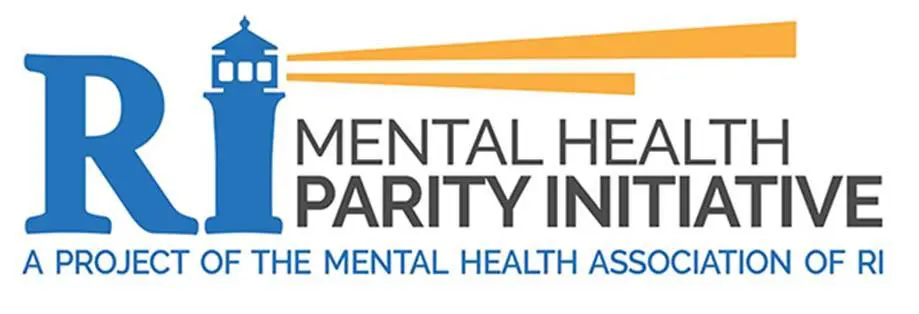Search Posts
Recent Posts
- Vinny Paz to be inducted TODAY into the International Boxing Hall of Fame – CES Boxing June 7, 2025
- In the News… quick recap of the week’s news (6.7.25) June 7, 2025
- Burn with Kearns: Strong without the spend: How scraps became strength tools – Kevin Kearns June 7, 2025
- Rhode Island Weather for June 7, 2025 – Jack Donnelly June 7, 2025
- How to advocate for threatened properties: The Heritage Alliance of Pawtucket June 7, 2025
Categories
Subscribe!
Thanks for subscribing! Please check your email for further instructions.

RI Parity releases White Paper on Mental Health
MHARI’s RI Parity Initiative spoke directly with Rhode Islanders about their experiences accessing mental health treatment and services through insurance. The recently released report focuses on diverse consumer experiences.
Goals
The priority for the round of focus groups in this paper is to address limitations in the Report, specifically the inclusion of consumers with a wider range of immigration, racial, and ethnic backgrounds and diverse mental health experiences. The focus groups were established to hear directly from consumers about their (1) understanding of mental health parity, (2) experiences in getting adequate coverage for behavioral health services and treatment, (3) systemic barriers to accessing appropriate care and (4) broader experience of social stigma associated with mental illness. The overarching goal of the Initiative’s use of focus groups is to help shape a broader understanding of mental health parity issues in Rhode Island and to incorporate the voices and ideas of patients and professionals to achieve real parity in coverage of behavioral health services.
Here is a summary of the findings:
Findings The results from the three focus groups yielded several recurrent themes, including:
- The importance and often difficulty of finding a provider that you can connect with and trust.
2. Language and cultural barriers to mental health treatment.
3. Experiences of stigma, particularly concentrated in older generations and rooted in gender/cultural norms, preventing individuals from seeking/continuing mental health treatment.
4. The importance of family members as mental health advocates, and the difficulty of helping loved ones get and maintain treatment due to denial of mental health problems.
5. Insurance cost and coverage or lack thereof as a barrier to accessing mental health treatment.
6. Frustrating and time-consuming experiences leading to a desire for systemic changes to make mental health care more accessible.
7. The need for more education about mental health, mental health parity, and navigating the mental health care system particularly for emergency providers, community health workers, refugees, and family members.
8. Some positive experiences with providers and support groups.
Here is the full report:
https://mhari.org/wp-content/uploads/2020/07/ParityReport2020Final.pdf
